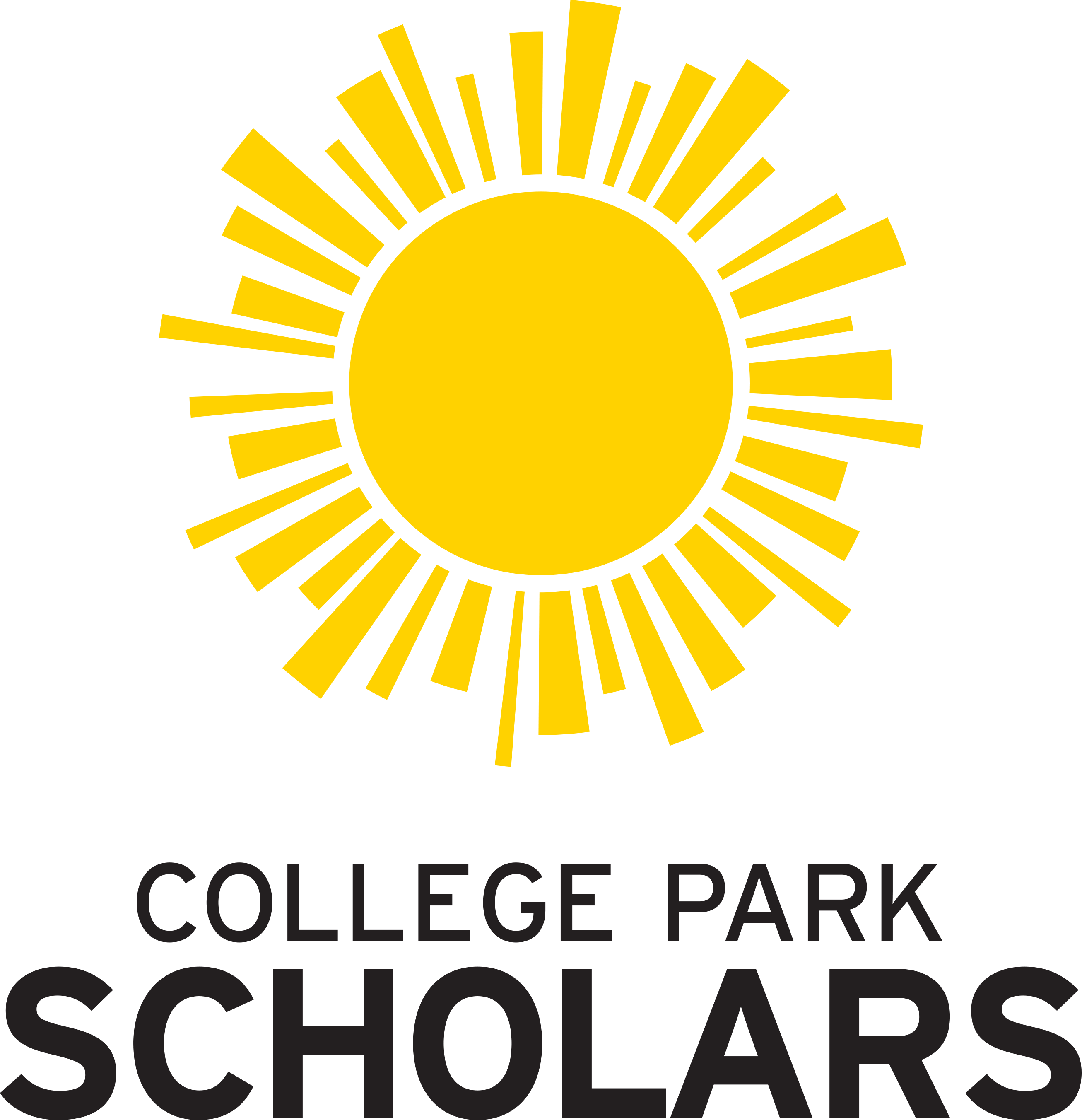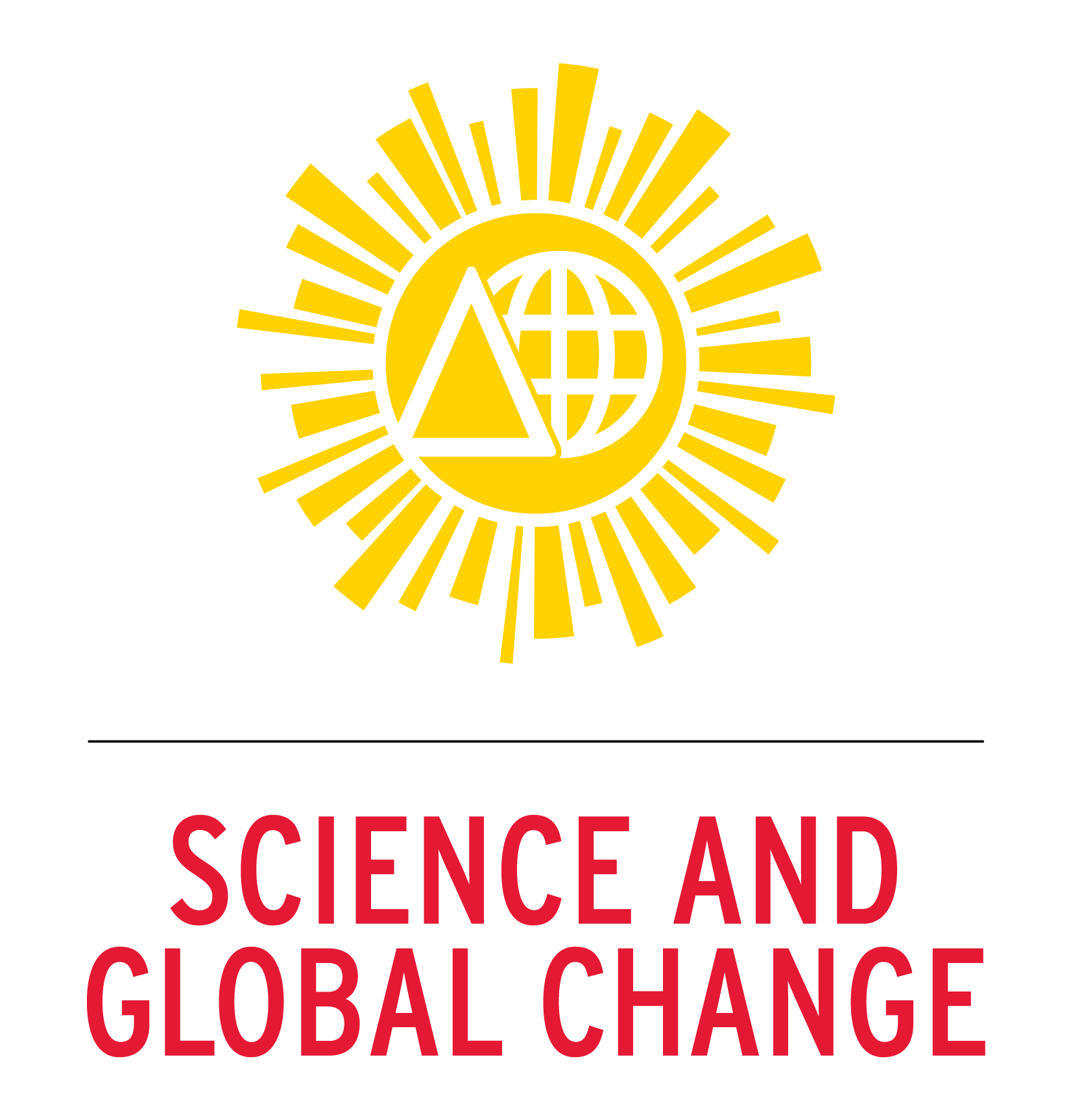


UMD Scholars has been a wonderful experience for me over the past three semesters. For my scholars practicum, I chose to help with the Rainworks project. This was a proposal to build a rain garden behind the Chesapeake building headed by the UMD Landscape Architecture and Environmental Science departments. I volunteered to take soil data at two sites where the rain garden was proposed to be built, so that the Landscape Architecture graduate students would know if their soil was suitable for a rain garden and all that it entailed. I used the hypothetico-deductive method that we learned in class in order to conduct my tests. I predicted that site 2, which according to Google Maps had been bare of any vegetation, would have worse soil statistics than site 1, which was closer to the Chesapeake building and covered in grass. I performed the experiments on soil samples from both sites, and kept the data even if it seemed unlikely for the soil I was testing. For example, my rainwater infiltration test for site 1 was unusually fast, meaning that it was a soil that would reduce water erosion since the rain would not pool on the surface. However, once I researched more into the typical times of rainwater infiltration for a loamy soil, I realized that the infiltration was much higher than average. I did see water flowing further down the hill where I took the data that wasn’t there before, and noted to my teammates that this inflated data was likely due to erosion allowing for the water to escape rather than a great soil. I learned it is important to acknowledge things you may have overlooked so that those who you are working with have the best understand of the data possible.
Speaking of things I have learned, there are a lot of logical fallacies we learned about in Science and Global Change that I could think back on interactions with someone I know and recognize. This person has argued that climate change is not anthropogenic because the climate has changed in the past naturally. This is a false equivalency. Just because the climate has changed in the past naturally doesn’t mean that the climate change we are experiencing now is not anthropogenically caused. It was interesting to put a name to an argument tactic I’ve dealt with, it allowed me to counter it better.
As for the assignments in SGC, they have been useful preparation for my science classes. One of our assignments here, that went through the anatomy of a scientific paper, was immensely helpful for my BSCI160 course in which we had to write a report about the methods of mimicry an animal of our choice employed. Additionally, all of our exploration around different effects of climate change (presented last year) prepared me for ENST233, where I had an introduction to all things environmental science. I was able to draw on my knowledge from SGC to help me complete various papers in that course!
It has been very useful to be in a living-learning community, during our most recent presentation on Improved Energy Storage it was quite easy to meet with my group since we all lived in the same area. Also, it makes making friends a little easier in my building because we have the same courses. Personally, I have helped some of my freshman friends in Science and Global Change with some of their assignments if they had questions, and vice versa.
Additionally, as part of the larger SGC community, I feel that I gained a closer relationship with some of my fellow SGC students after our trip to the Philip Merrill Environmental Center. I enjoyed the Colloquium discussions, during the online pandemic times it was a welcome opportunity to connect with my fellow students once we had completed discussing all the questions. As I mentioned before, I feel I have contributed to the SGC community by advising my freshman friends in the course what to expect for assignments and the like. I also enjoyed the discussion parts of Colloquium the best during the online pandemic times, because we could have some more interaction with our fellow students (I was not living on campus freshman year). It was nice to talk to some people in the same boat as me, although I couldn’t meet them in person.
Carl Sagan’s book that we read in SGC Scholars presented me with some new ideas that I had not considered before. In the book, there was a lot of text surrounding what pseudoscience is. One example in the book explained how “memory uncovering” is a very flawed and misunderstood concept, memories are often not repressed and psychologists can lead people to convince themselves they have a certain memory due to pressure from society to confirm it. The human memory is very unreliable, in that you can be convinced you have a certain memory. However, it’s very hard (or even impossible) to repress a memory. I thought this was very interesting, as I had always thought that memories could be repressed. It is a concept not talked about much outside of fiction in my experience, so I had never been certain. In general, I learned a lot more on how pseudoscience can convince people, which I wasn’t as familiar with before.
Since I am an environmental science major, I would really like to pursue a job that will help to enact policy to stop pollution, build greener structures, or to study climate change. This class has given me great insight into the nitty gritty of what climate change is. I also remember the advice Dr. Merck gave us at the beginning of SGC, I really appreciated advice from a professor that was more about college life and what to do if you are in a difficult situation academically. I’m grateful to this program for a community, and a welcoming introduction to college, the best it could be during a pandemic. Thank you for everything!
Signed, Lucy Hayes